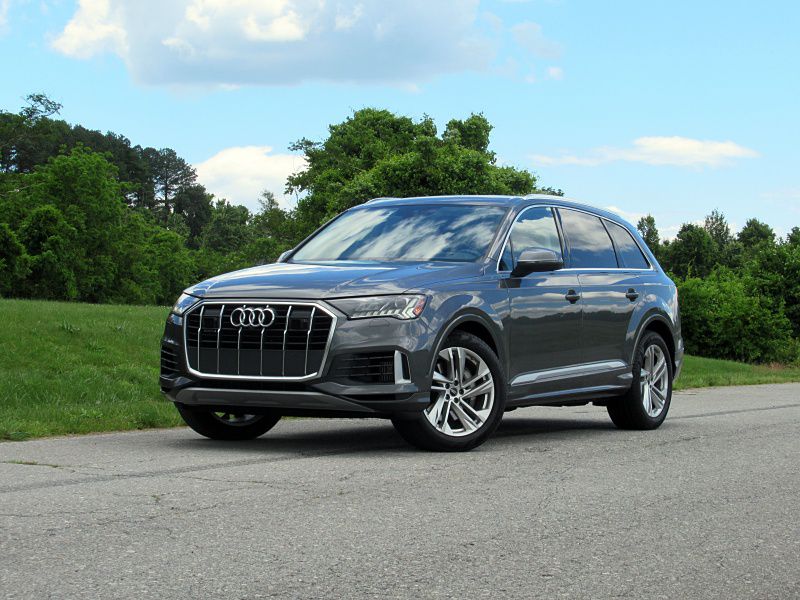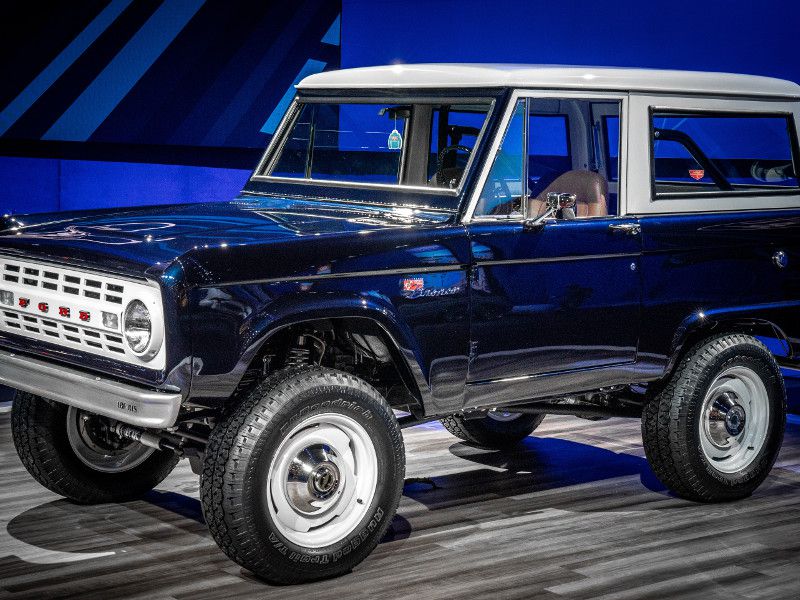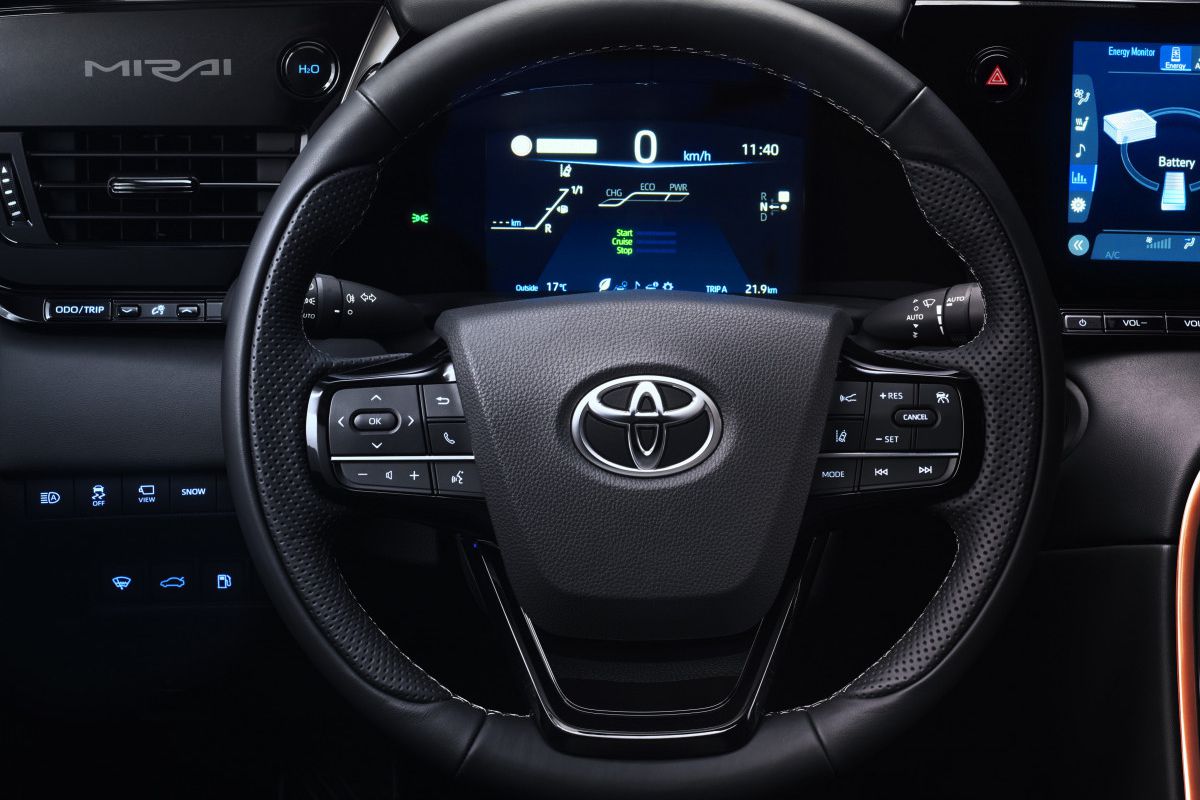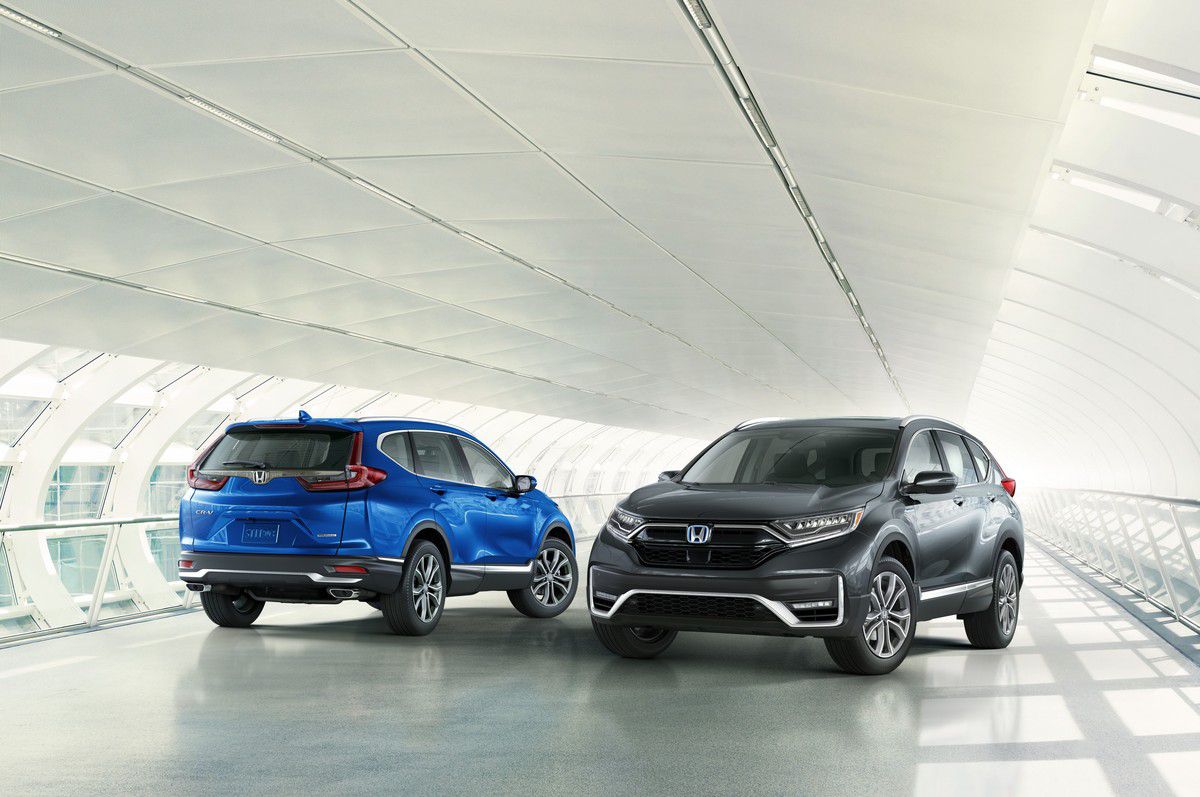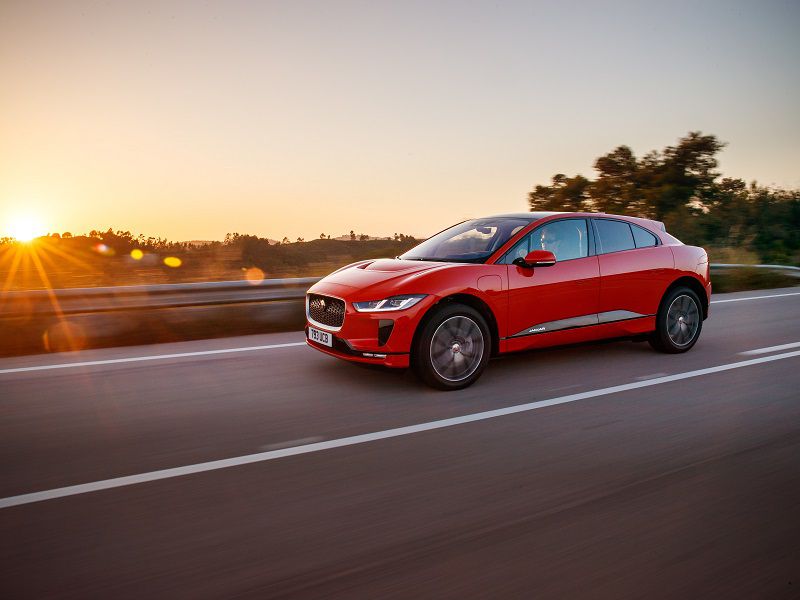Recent Articles
Popular Makes
Body Types

News
Stay informed with captivating articles on the automotive industry. Discover the latest news, auto show highlights, and fascinating stories about c... Read more
Featured News
`
Interested in Getting a New Car?
`
Interested in Getting a New Car?
©2024 AutoWeb, Inc. All Rights Reserved.
Some content provided by and under copyright by Autodata, Inc. dba Chrome Data. © 1986-2024.
